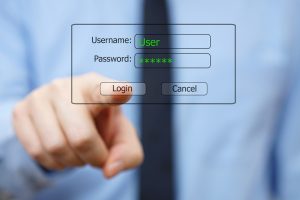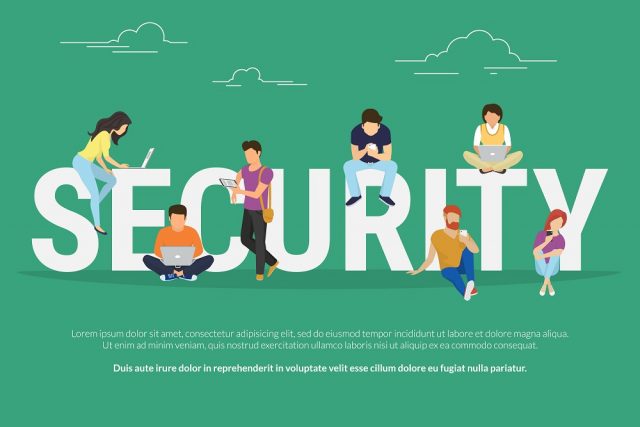Passwords need to be secure and private to prevent hackers from stealing your identity.
All of us are terrorized by the need for passwords for every site we use – right from banking to ecommerce portals. Even to read complete stories in different publications, we need to sign up! So, on an average, we have to remember at least 10 user IDs and passwords. No mean task since different sites are accessed at different periodicity, and remembering them all can be a challenge.
Remembering passwords can be hard. A Gartner Group study shows that nearly 50% of all helpdesk calls are for password resets, and the stronger the enforcement policy, the more the number of calls for password resets. Each password costs $70, according to another study by Forrester.
Therefore, it is hardly surprising that nearly 60% of the users reuse passwords – that is, use the same password in multiple sites. Typically, one’s own date of birth, names of children, and the like become the password for easy recall. But this also makes the password vulnerable since hackers can easily guess these and steal identities – as can be seen from the frequent reports in the media.
For protecting your identity and crucial personal information including credit card details and bank account details, take a few minutes to see which of the following tricks can help you:
- Unique ID: Make sure you create a different ID and password for the different sites you register on. This way, even if your identity is stolen in one site, the others do not become vulnerable. If you can’t do this for all the accounts, make sure the password is unique at least for the important ones such as your email and bank accounts.
- Encrypted password file: You can store your passwords in a file and encrypt it with the many crypting software available so that you do not have to stress your memory too much.
- Length of password: Make your passwords at least 12 characters long as they are harder to crack than shorter ones.
- Alphanumeric: Instead of just making a word or a phrase your password, make use of numbers as well as special characters to make it difficult to guess.
- Password recovery: Most data-intense sites also provide a password recovery question such as ‘your mother’s maiden name’ or ‘the city you were born in’. Be a little imaginative and provide an answer – not necessarily the correct one. This may be your best chance to give a name or a place you really love though it may not be true. By faking it, you make it harder for others to guess.
- Periodic change: This really is tough. Once you have got used to a password, you don’t want to change it. That’s understandable. But it’s an unavoidable necessity. Change it periodically, making it more difficult for a hacker to guess.
- Do not share: This is one secret you must keep close to your heart. Nearly 95% of people share their passwords with at least their spouse. Yes, they are trustworthy, but it is not a safe practice. If you must share, change it the moment they are done using it.
- Do not automate: Sites tempt you with offers to remember your login and password. It is safest not to let any site do so. If the site is compromised, then so will your data be.
Finally, it is all about privacy and security. Hackers are always one step ahead, guessing the psychology of the people they are tracking. So, anything you think up has probably already been tried and tested. It’s best is to have a mix of different approaches. For instance, some like to put nursery rhymes or movie names. But those are easy to guess, and expected too. Instead, use the jargon used in your industry and juxtapose it with numbers and special characters. Whatever you do, remember somebody is closely observing you, without your knowing it… So, remember the eight mantras to safeguarding your identity.













































